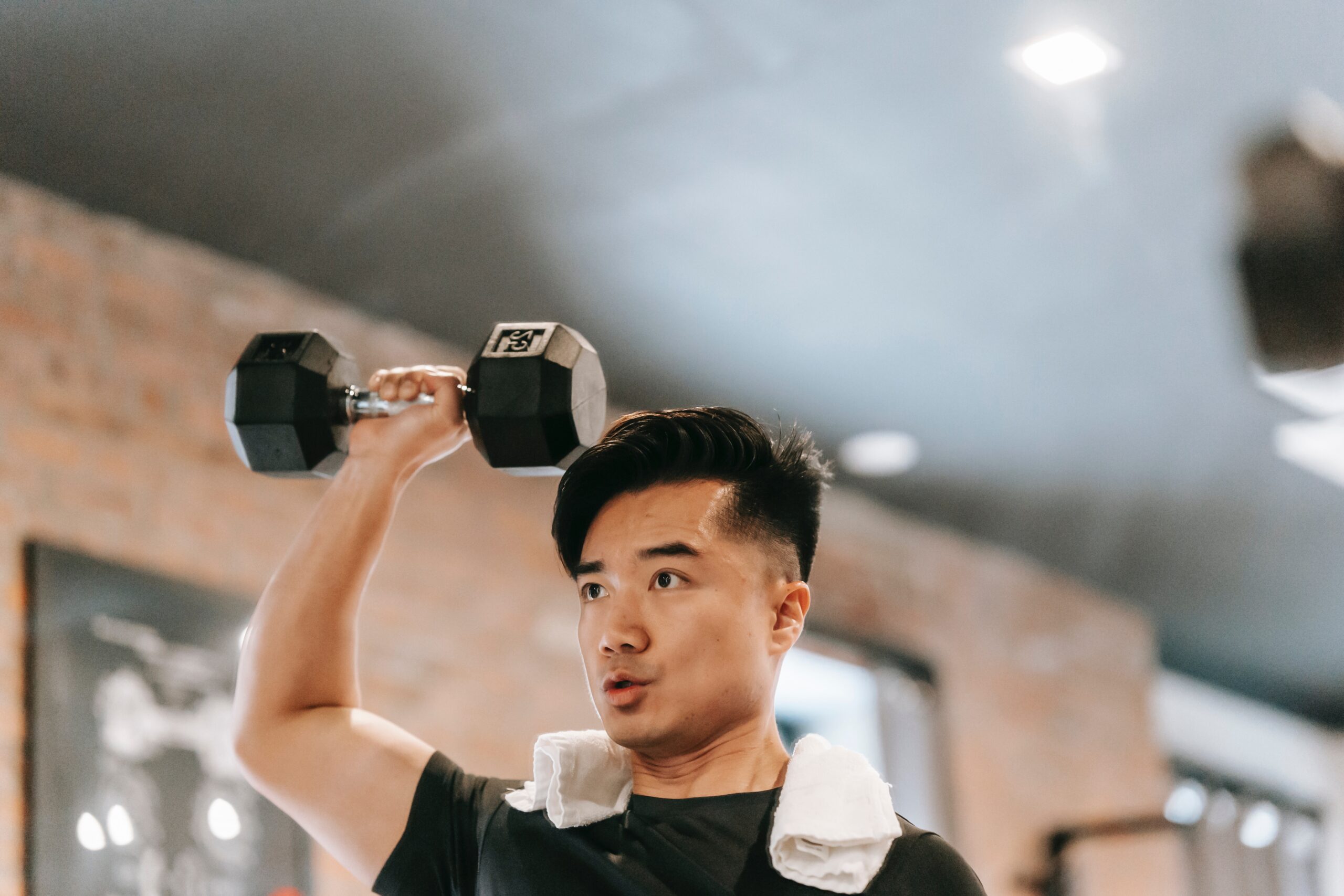Aromasin (Exemestane) to improve body proportions
Bodybuilders are very creative in synergistic drug combinations. The combination of anabolic steroids, growth hormone and insulin in one course has led to incredible results and gigantic muscle gains. For example, many people combine Teva Exemestane with selective estrogen receptor modifiers (SERMs), steroids, and GH for good results.
On the forums, it comes to anecdotal confessions about the results of blood tests and the achievements of one or another athlete against the background of these results.
Physicians are not particularly encouraged by this kind of combination of drugs, and on this occasion, De Ronde magazine in 2011 noted:
Aromatase inhibitors can be used as replacement therapy in older people, when a physiological testosterone deficiency develops and clinical manifestations are related to it (erectile dysfunction, decreased libido, etc.). These drugs can be taken orally once a day, which provides them with high compliance and thus increases the level of testosterone in the body. Undesirable effects from aromatase inhibitors are unlikely, since they are not able to increase the level of testosterone in the blood to levels higher than physiological.
One small experiment demonstrated that anastrozole at 1 mg per day for 12 weeks doubled low bioavailable testosterone levels in a group of older adults.
A study in elderly men taking Exemestane 100 mg (Teva) once daily found a 40% increase in total testosterone from baseline after 36 weeks. Nevertheless, no positive effect on strength, muscle and other indicators was found.
A similar increase in testosterone levels with no effect on body composition and strength was recorded in a study in which elderly men with borderline low serum testosterone levels were treated with anastrozole for 1 year.
Some scientists thought a little differently in his scientific works:
Blockade of the action of estrogens will stimulate the secretion of luteinizing hormone according to the principle of feedback, which in turn will stimulate the production of testosterone.
Therefore, it is likely that a more effective estrogen blockade in men will produce a significant and sustained increase in testosterone concentration in the blood, possibly sufficient to achieve myotropic and stimulatory effects in men taking such drugs. Therefore, despite the lack of direct ergogenic studies on estrogen blockers in men, the available observations lead to the conclusion that the use of estrogen blockers in men is inappropriate.

Antiestrogens and steroids
Elderly men
In our time, more and more attention is paid to the treatment of the late stages of hypogonadism (testosterone deficiency) in the elderly group. Initial attempts to replace testosterone have also prompted consideration of possible adverse effects in patients at risk of complications of cardiovascular disease and diseases associated with prostate function. The hormone estradiol is no longer considered a female hormone as it has been found to affect sexual health and overall tone in men.
Urologists and endocrinologists have begun to focus on the serum T / E2 ratio (testosterone and estradiol), which is considered more significant than individual hormonal levels. This may be the role of aromatase inhibitors (AIs) in restoring the normal balance of serum testosterone and estradiol levels for adequate treatment of late stages of hypogonadism.
Currently, there are no data on the recommendations for the use of AI in relation to a group of men for the treatment of advanced stages of hypogonadism due to obesity, gynecomastia, and reproductive failure, although some positive effects have been recorded in this regard. Side effects on bone tissue have been found in women taking AI; in men, no such effects were recorded.
Conclusions about Teva Exemestane:
Considering:
- understanding the T / E2 ratio in men;
- lack of scientific evidence to prove that the use of AI in men negatively affects bone tissue;
- the positive effects of AI from the treatment of diseases such as advanced stages of hypogonadism and
- failure of reproductive function.
Large-scale randomized and controlled experiments should be conducted for the clinical use of AI in a group of adult males.











Добавить комментарий